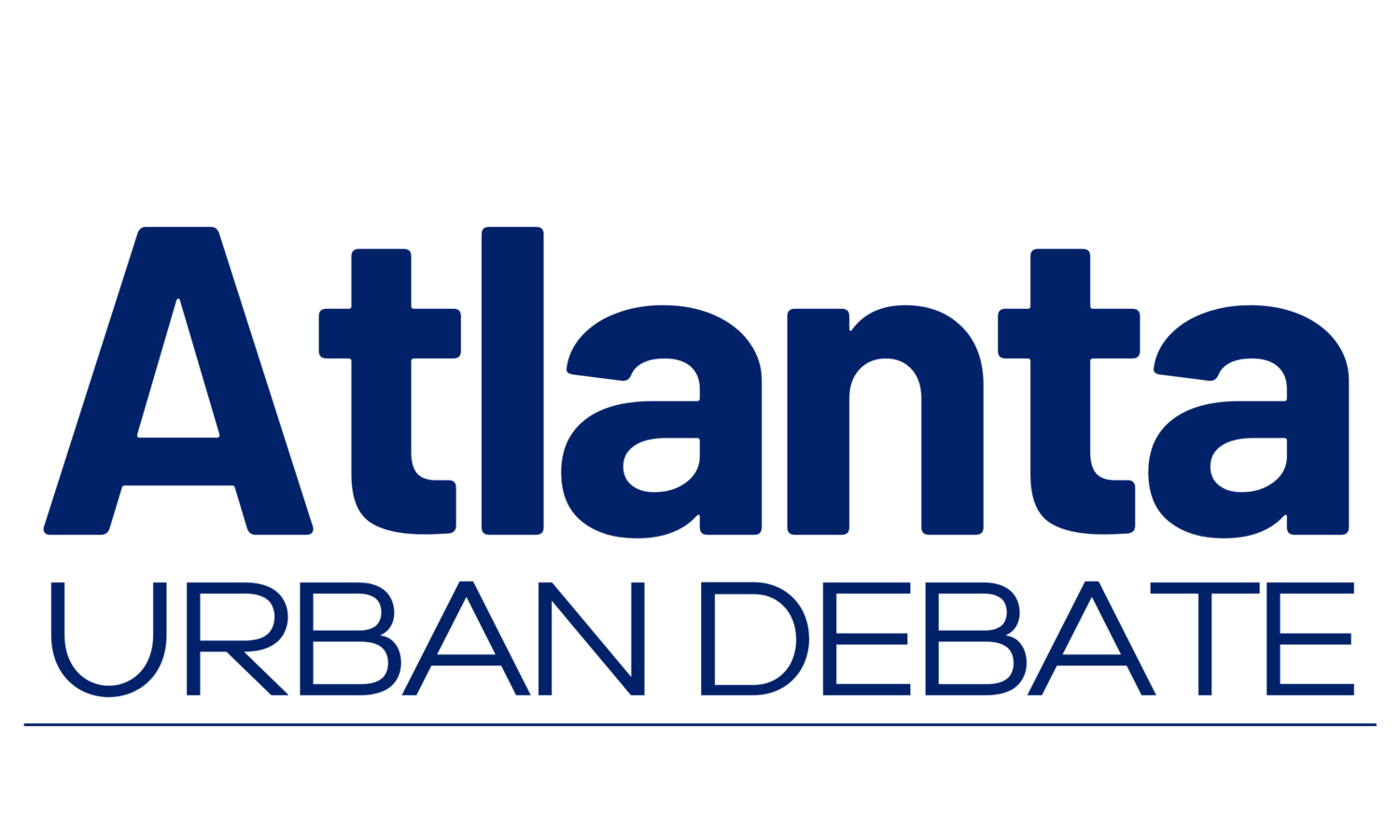The Atlanta Urban Debate League is committed to providing excellent debate education programs, services, and opportunities to diverse students, educators, and members of the community!
How to Adapt to Different Judges
All Judges
How should you adapt to all judges?
At the end of the day, the judge is always right because they write the ballot.
If there is an online paradigm, read it before the round.
Do not spread! One way to know that you are speaking too fast is if the judge puts down their pen.
This often means that the debate is moving too quickly for them to keep up in their notes.
Appeal to their emotions by personalizing an impact.
Look for body language.
If your judge is nodding as you speak, that is a good sign!
If you are unsure about a preference, do not be afraid to ask for clarification.
Technical Debate Judge
What is a Technical Debate Judge?
These judges are ex-debaters, debate coaches, and students.
They will flow and listen carefully.
They are knowledgeable about the debate topic and familiar with stock arguments.
They still might have specific preferences about how a debate round should work.
How should you adapt to this judge type?
Can speak more quickly.
Can use debate jargon like “blocks.”
Focus on framework and weighing mechanisms.
Strategic concessions can be helpful if well-explained.
Emphasize the logic behind an argument.
Community Judge
What is a Community Judge?
It’s in the name! Public forum debate is open to lay people and parent judges.
These judges might not flow.
They could be inexperienced with debate and feel less confident about judging.
It is possible that English is not their first language, especially with parent judges.
How should you adapt to this judge type?
Use clear pronunciation and speak a bit slower.
Emphasize important points at the end of your speeches.
If they are not flowing, this is what they will remember.
Try not to make concessions.
The judge can get confused and think you are dropping an argument.
Emphasize statistics and the magnitude of an impact.
“Flay” Judge
What is a Flay Judge?
“Flay” is a combination of flow and lay.
They will flow or take some form of notes.
They will likely be inexperienced with debate but may have knowledge about the debate topic.
How should you adapt to this judge type?
Take a middle of the road approach.
Pay extra attention to body language and cues.
